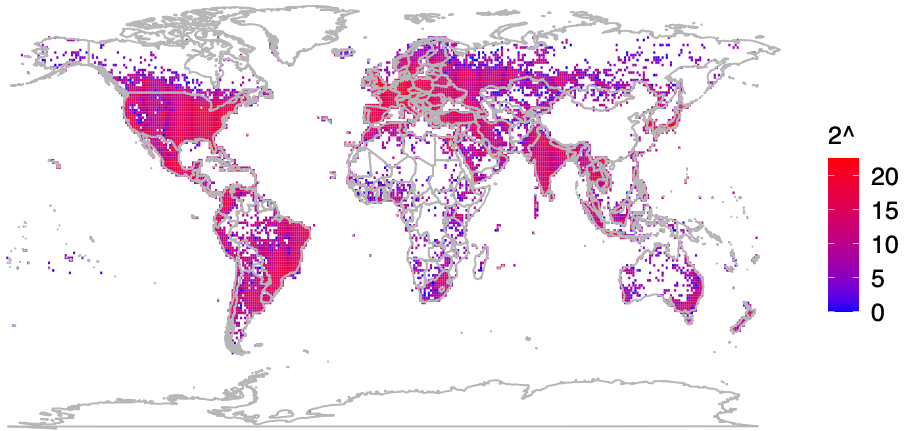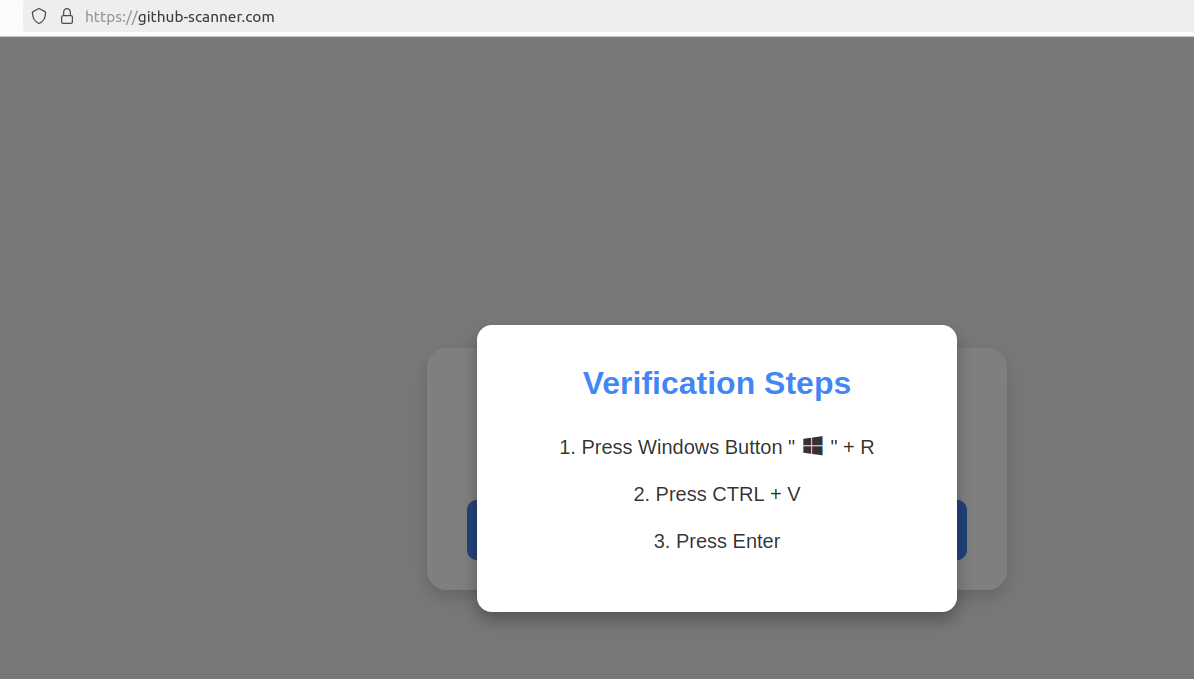Beware of Scams Amidst the Los Angeles Disaster
While the outpouring of support for Los Angeles Disaster and those affected by the wildfires is heartening, it’s crucial to stay vigilant and protect yourself from scammers.

As the devastating wildfires continue to rage across Los Angeles County, authorities are raising alarms about another threat: scam artists taking advantage of the Los Angeles disaster. These scammers prey on the generosity and goodwill of people looking to help those affected by the fires. Here’s what you need to know to protect yourself and ensure your donations reach those in need.
Types of Scams to Watch Out For
1. Fake Charities and Donation Scams: Fraudsters often set up fake charities or impersonate legitimate ones to solicit donations. They may create convincing websites, social media accounts, or fundraising pages to collect money from unsuspecting donors. Always verify the legitimacy of the organization before making any contributions.
2. Phone and Text Message Scams: Scammers may call or send text messages pretending to be from insurance companies or aid organizations. They might ask for sensitive information, such as bank details, under the guise of helping you recover losses. Be cautious of unsolicited calls and messages, and never share personal information over the phone or via text.
3. Gift Card or Payment Scams: Some scammers request donations via gift cards or other untraceable payment methods. These methods are difficult to track and can be used to steal money without leaving a paper trail. Always opt for secure, traceable payment methods to ensure your contributions reach the intended recipients.
4. Seek help from reliable sources: Contact FEMA for help and see Helplines & Hotlines and nonprofits on SGTJ Supportive Community.
How to Protect Yourself
- Research Before Donating: Take the time to thoroughly research any charity or organization you’re considering donating to. Reputable groups will have clear information about their mission and proven track records. Websites like Charity Navigator and the Better Business Bureau can help verify the credibility of charities.
- Use Secure Payment Methods: Avoid cash donations and instead use secure, traceable payment methods such as credit cards or online payment platforms. This ensures that your contributions are properly accounted for and reach those in need.
- Be Wary of Pressure Tactics: Legitimate organizations will never pressure you into donating immediately. Scammers often create a sense of urgency to rush you into making a decision without proper verification. Take your time and verify the legitimacy of the request before donating.
- Report Suspicious Activity: If you suspect a donation request is fraudulent, report it to the authorities. Law enforcement agencies are actively investigating these scams and prosecuting those responsible.
Common Housing Scams
1. Fake Listings: Scammers create fake property listings with attractive photos and low prices to lure potential renters or buyers. They may ask for upfront payments or personal information before disappearing with the money.
2. Wire Fraud and Escrow Scams: Scammers pose as title or escrow companies, requesting that you wire money to a fraudulent account for property transactions.
3. Rental Scams: Fraudsters post fake rental listings, often claiming to be out of the country, and ask for deposits or rent payments before the tenant has seen the property.
4. Phony Real Estate Agents: Scammers impersonate real estate agents to gain access to personal information or to convince victims to transfer money for fake property deals.
How to Protect Yourself
- Verify Listings: Always verify the legitimacy of property listings by checking multiple sources and contacting the property owner directly.
- Meet in Person: If possible, meet the landlord or agent in person before making any payments.
- Use Secure Payment Methods: Avoid paying with wire transfers, gift cards, or other untraceable methods. Use secure, traceable payment methods instead.
- Research the Agent: Check the credentials of any real estate agent or company you are dealing with. Look for reviews and verify their license.
- Report Scams: If you encounter a scam, report it to the authorities and relevant consumer protection agencies.
By staying vigilant and taking these precautions, you can protect yourself from falling victim to housing scams.
Conclusion
While the outpouring of support for those affected by the Los Angeles wildfires is heartening, it’s crucial to stay vigilant and protect yourself from scammers. By taking the necessary precautions and verifying the legitimacy of organizations, you can ensure that your donations make a real difference in the lives of those in need.





































